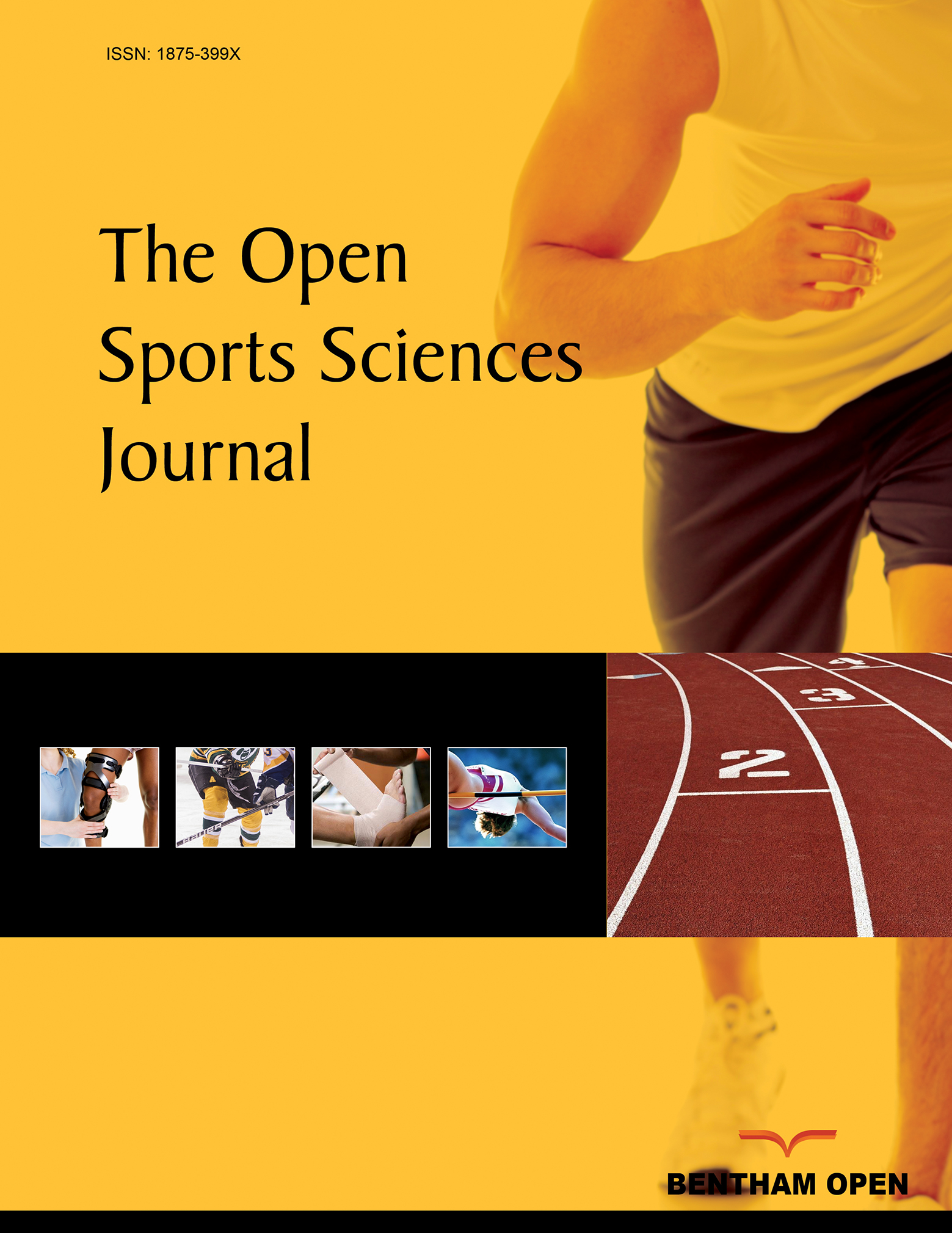Fatigue and Recovery in Soccer: Evidence and Challenges
Abstract
Background:
Soccer presents physiological, metabolic, physical and psychological demands which can deteriorate players’ performance due to fatigue. The high variability in physiological, metabolic, physical and psychological responses also influences the magnitude of exercise-induced muscle damage, with symptoms negatively affecting neuromuscular function during recovery or subsequent training sessions or matches. Consequently, more precise and consistent knowledge is required in this area to optimize training and performance.
Objective:
Therefore, the purpose is to sum-up current evidence on fatigue and recovery in soccer players, to shed light on factors that can affect players’ performance, and to suggest applications for coaches and further research.
Method:
A comprehensive review of the scientific literature on the field was conducted.
Results:
Physical performance decrements during matches have traditionally been associated with physiological fatigue, but the magnitude of the symptoms in soccer players is unclear and depends on several factors. Moreover, the decline in physical performance during a soccer match is related to specific demands of each match. These could explain inter-individual variability in acute fatigue or training recovery processes when comparing players from the same team. Recovery counteracts the effects of fatigue, both peripheral and central, but there is a lack of consensus about the usefulness of tests used to monitor fatigue and recovery kinetics.
Conclusion:
Although fatigue and recovery in soccer has been extensively studied, there are still uncertainties about the underlying mechanisms because they are influenced by physiological and match-related demands.


